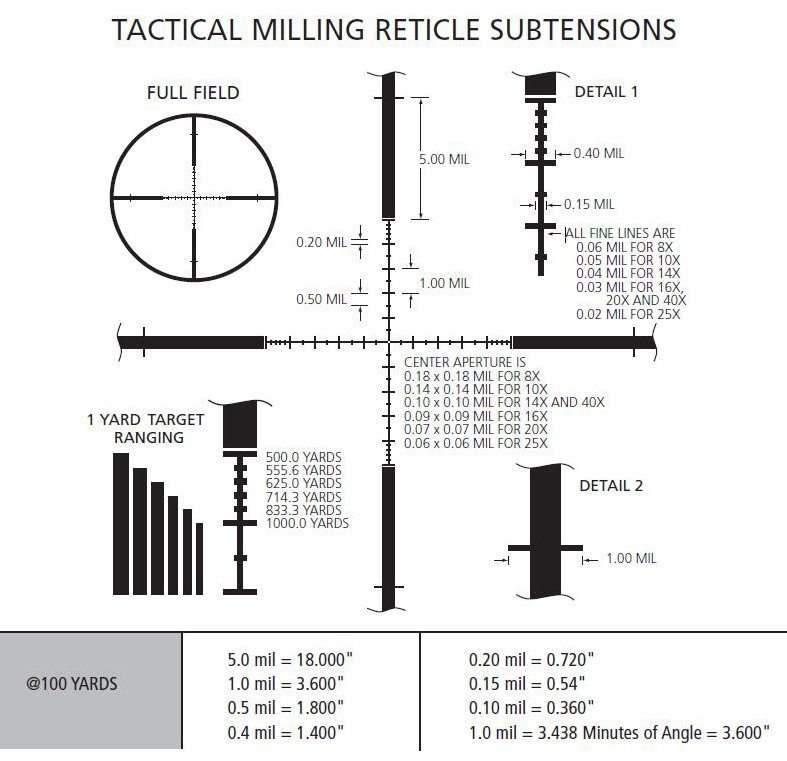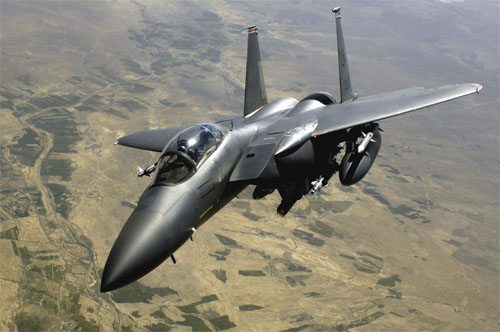United Press International,
BRUSSELS: “A zombie organization,” is how former Spanish Prime Minister Jose Maria Aznar described NATO in an interview with United Press International last week.
Some zombie.
At a meeting in Brussels Thursday foreign ministers agreed to expand alliance operations in southern Afghanistan and boost the number of troops in the war-torn state from 10,000 to 16,000. They defused an increasingly bitter transatlantic row about alleged C.I.A. camps in Europe after receiving reassurances from U.S. Secretary of State Condoleezza Rice that suspected terrorists would not be tortured or sent to countries where they would be tortured. And they penciled in two summits of NATO leaders on transforming and enlarging the military bloc in 2006 and 2008.
That is just the tip of the iceberg of the alliance's activities.
Since the terrorist attacks against the United States on Sept. 11, 2001, NATO ships have been monitoring the waters of the Mediterranean to help prevent rogue strikes against vessels and ports. In just over four years, 60,000 ships have been monitored and almost 500 non-military vessels escorted.
In the mid-1990s there was a torturous debate within the alliance about whether NATO forces could act out of area — that is, outside the borders of its member states. As leaders argued, hundreds of thousands of civilians in Bosnia and Croatia were killed before NATO planes finally forced Serb strongman Slobodan Milosevic to the negotiating table.
The next time violence erupted in the Balkans — in Kosovo — NATO had less qualms about leaving its cozy confines. After a robust intervention lasting just 78 days, the bloodletting was ended, although there are still 17,000 alliance troops keeping a fragile peace in the country.
Since Kosovo, the 26-member alliance has not just gone out of area, it has gone out of Europe altogether. It leads the 16,000-strong International Security Assistance Force in Afghanistan, is training Iraqi officers outside Baghdad and helping the African Union airlift troops and equipment to the Darfur region of Sudan.
To Read Full Article Click Here









